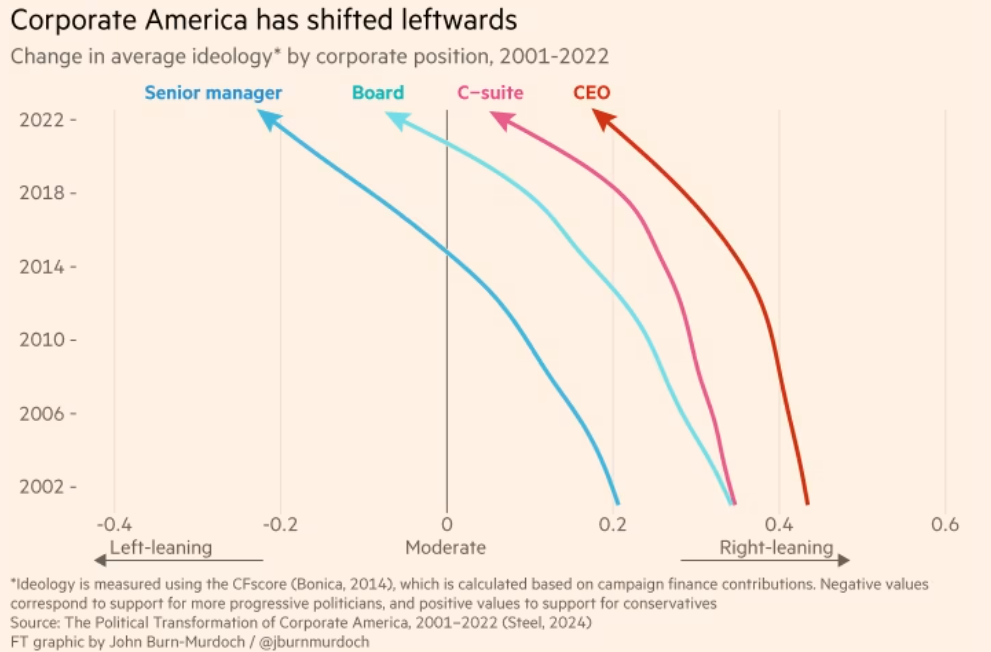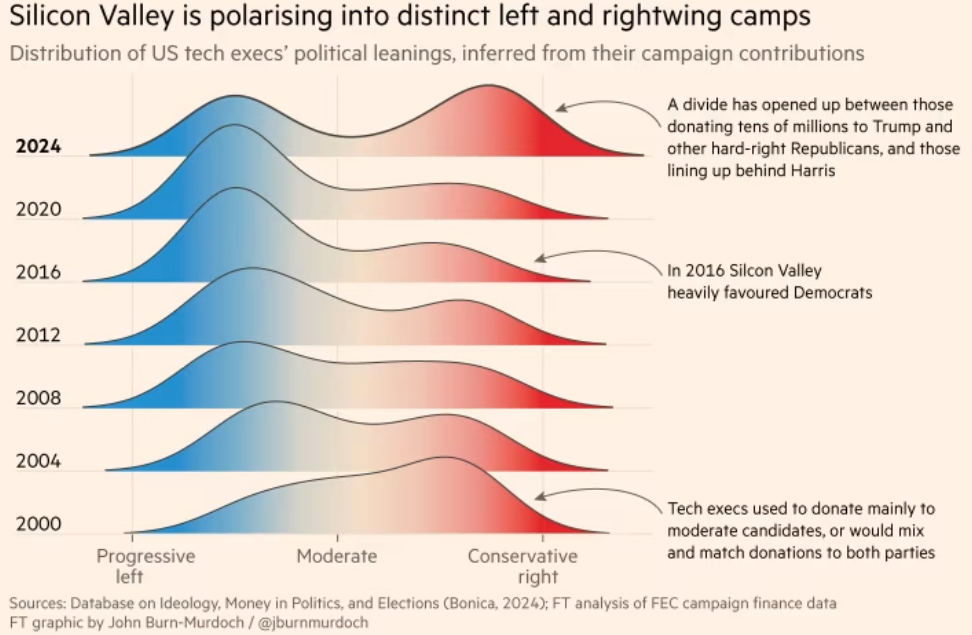
At the end of the 1990s, a colleague of mine was sacked because he complemented a fellow female worker on how lovely her hair looked. I thought it was political correctness gone mad, but it’s even worse today. You feel you’re walking on egg shells all the time. For example, I got sacked for saying all lives matter when it’s only black lives that matter. What did I do wrong?
I was making a statement about raising money for a charity that provides education for children in war-torn zones, and mentioned that it intrigued me how we talk about Ukraine and Israel so much, but what about Yemen and Sudan. Surely all lives matter?
A person of colour complained about that statement and said you can only use the phrase lives matter when discussing black lives matter.
Anti-racism: What does the phrase 'Black Lives Matter' mean? - BBC
The mistake is that, as was pointed out to me, saying all lives matter is like turning up at a fundraiser for a cancer charity and saying: surely all diseases matter? My bad, but it did wake me up to the woke, cancel culture world we live in today and so now I walk on egg shells when speaking out publicly (editor: are you allowed to say egg shells?).
In fact, it’s funny as two big things emerged in just the last few years that have been top of my mind: ESG and DEI. ESG: Environment, Society and Governance is something I actually wrote a book about, whilst DEI: Diversity, Equity and Inclusion has been in the themes of much of my writing, specifically Digital Human.
Everything these days seems to be so much more sensitive thanks to this woke snowflake cancel culture.
Having said that, I’m all for it. I love the fact that we have the Paralympic Games; people with physical impairments on mainstream television; a blind or deaf celebrity featuring on Dancing with the Stars (Strictly Come Dancing in the UK); and that everyone is becoming properly equal rather than being abused. Well, if you believe the news, you might believe that, but it’s not so true in real-life.
‘My disability means I’ve faced problems on every flight I have taken’
Why am I talking about this?
Because most companies are finding huge challenges around ESG and DEI, woke capitalism and cancel cultures. It almost seems you can’t do anything without getting into deep waters, unless you’re Donald Trump and Elon Musk of course. This issue was specifically raised by the Financial Times columnist John Burn-Murdoch (suspect name already) last week. He cites that we live in a world split between woke capitalism and stakeholder capitalism but, most interestingly for me, slows a clear shift in corporate culture from the right to the left, based upon corporate contributions to political causes.
This is based upon a new research report by Reilly Steel, a political scientist at New York’s Columbia Law School. This finds that the political views of America’s corporate elite have shifted significantly to the left in the past two decades, and that this change in values has been driven by the recent wave of corporate social activism.
Using data on millions of political donations made by tens of thousands of executives, board members and senior managers since 2001, Steel finds that the median US CEO is no longer solidly on the right. Instead, he or she is now a political moderate, while senior managers today are overwhelmingly left-leaning.
Interestingly, a specific note is on the dichotomy of thinking between the left and right of Silicon Valley.
What gets me here is that we see these extremes everywhere, particularly in the climate debate amongst banks. Financial leaders are mainly supporting continued fossil fuel investments and funding, whilst the world is pleading for them to stop it.
Fossil Fuel Investment Report | Investing in Climate Chaos
This report reveals the fossil fuel holdings of over 7,500 pension funds, insurance companies, asset managers, hedge funds, sovereign wealth funds, endowment funds and asset management arms of commercial banks. In May 2024, these institutional investors held $5.1 trillion in bonds and shares of fossil fuel companies.
Since the Paris Agreement in 2016, the world’s 60 largest private banks financed fossil fuels with USD $6.9 trillion. Nearly half – $3.3 trillion – went towards fossil fuel expansion. In 2023, banks financed $705 billion in fossil fuel financing with $347 billion going to fossil fuel expansion alone.
JP Morgan Chase is the #1 fossil fuel financier in the world, committing $40.8 billion dollars to fossil fuel companies in 2023. They’re also #1 for fossil fuel expansion in 2023, while Mizuho shot up to second place in the report in both fossil fuel financing ($37.0 billion) and financing for the expansion of fossil fuels ($18.8 billion). The worst funder of fossil fuel expansion since the Paris Agreement is Citibank, providing $204 billion since 2016.
Is it woke cancel culture to care about the future of our planet? Is it woke cancel culture to support political campaigns that lean left or lean right? Is it woke cancel culture to accept and include all of our fellow humans, not matter their colour, creed or physical ability?
I guess maybe I’m too far off centre to comment.
Postscript:
I do apologise to my friends if any of the above offended ...
Chris M Skinner
Chris Skinner is best known as an independent commentator on the financial markets through his blog, TheFinanser.com, as author of the bestselling book Digital Bank, and Chair of the European networking forum the Financial Services Club. He has been voted one of the most influential people in banking by The Financial Brand (as well as one of the best blogs), a FinTech Titan (Next Bank), one of the Fintech Leaders you need to follow (City AM, Deluxe and Jax Finance), as well as one of the Top 40 most influential people in financial technology by the Wall Street Journal's Financial News. To learn more click here...



